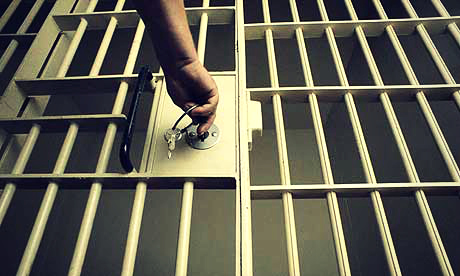By Matt Fleming.
Under pressure from civil liberties groups, Contra Costa County Superior Court announced last week a moratorium on the practice of suspending driver’s licenses over unpaid fines.
In March, the ACLU of Northern California and other groups urged the California Judicial Council — the policy-making board of the California court system — for action, arguing that suspending licenses for unpaid fines disproportionately affects lower-income drivers.
The ACLU and others have been targeting individual courts as well in Bay Area counties. Contra Costa County Superior Court responded last week saying the Failure to Pay policy was under review.
“The court will suspend all FTP referrals until further notice,” Steven K. Austin, presiding judge of the Superior Court, wrote last week to the ACLU of Northern California and Bay Area Legal Aid. Austin added the moratorium had already begun.
In many instances, drivers receive an initial fine for some violation, with lots of additional fees tacked on. What was a $100 fine could be several hundred dollars and only swelling from there, sometimes escalating to thousands as payment is not made.
This often leads to a suspension, which limits the driver’s ability to get to work and perpetuates the problem, the coalition of civil liberties groups argued. And many of these citations are for minor infractions like not wearing a seat belt or not signaling on a turn.
By the end of 2015, more than 1.9 million Californians, many of who whom are unemployed, disabled or homeless, had suspended licenses for failure to appear or failure to pay on citations, according to data provided by civil liberties groups.
Data shows a strong correlation between high poverty rates and high suspension rates in the bay area.
“What we’re looking for is a system that doesn’t punish people for being poor,” Micaela Davis, staff attorney with the ACLU of Northern California, previously told CalWatchdog. “What we see is that the fines and fees are so exorbitant on simple traffic citations that people simply can’t afford to pay.”
Detractors may argue that it’s the driver’s actions that incurred the fine in the first place, but Davis dismissed that notion, saying there are more effective ways of handling the issue.
“We can hold people accountable without also ruining their lives,” Davis said.
[divider] [/divider]





